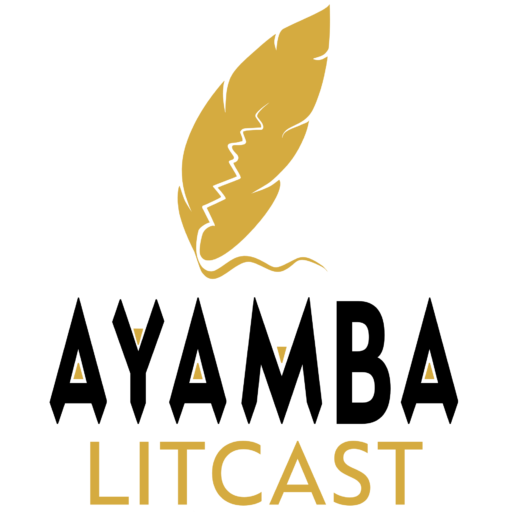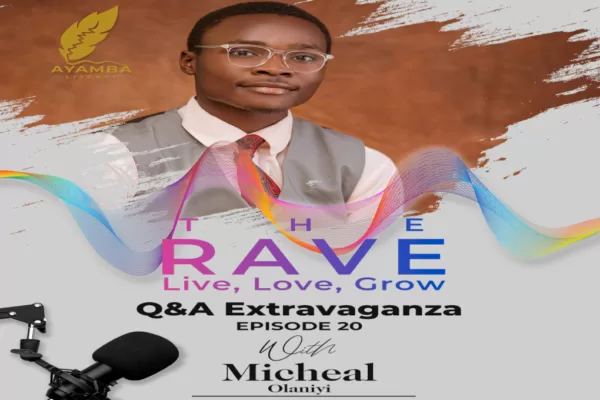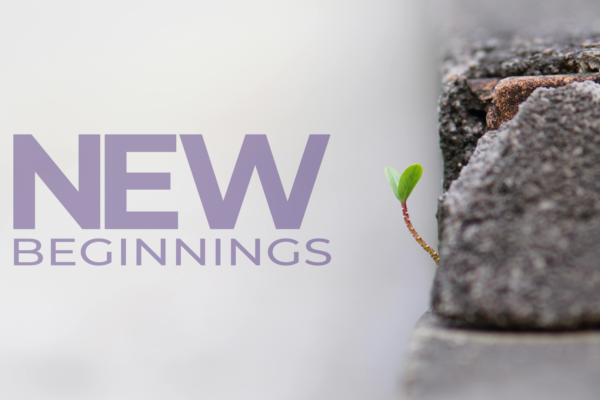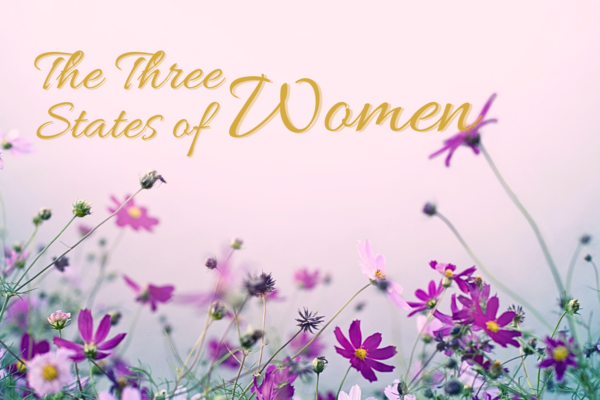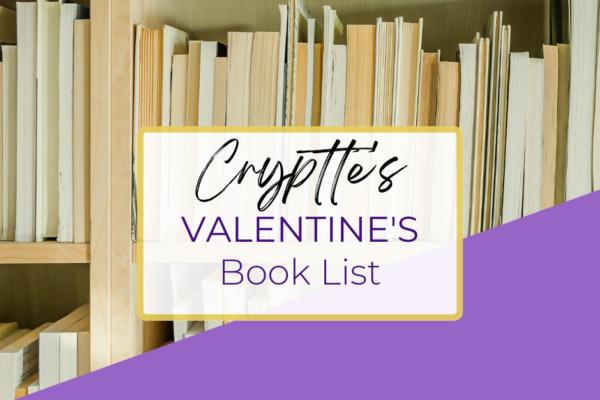Homegoing by Yaa Gyasi is a tale about the legacy of slavery and its indelible mark on those that left and those that stayed behind. In this episode of Reading With R, Ruqayyah tells us all about it and how it has affected her.
Powered by RedCircle
Homegoing by Yaa Gyasi
Well, hello there. Welcome to another episode of reading with R. I am Ruqayyah Nabage your host extraordinaire, podcaster extraordinaire, reader extra-ordinaire people. So on this podcast, we review books, we fan girl over books. That’s what we do. So if you’re interested in that type of thing, tune in every month for a new episode, if you have a particular book you want me to review. Send me an email at ruqayyah.nabage@ayambalitcast.com, or you could send me a DM to any of my social media platforms, or ayambalitcast’s platform. And a website is available to listen on all podcasting platforms. So without further ado, today’s episode ladies and gentlemen drum roll- it is home going by Yaa Gyasi.
This book is written by a Ghanaian. Um, I think she’s Ghanaian American, not too sure. I didn’t do a lot of research into the author, but the book is amazing. You know, I saw it quite a lot before I read it. And then, um, surprise, surprise. I found out that my husband had a copy, so it was a particularly enjoyable read for me because I was able to read it in hard copy.
So the book is about two sisters. Yeah. Two sisters that were born from the same mother, but had different fathers whose lives turned out to be completely different from one another. So we followed the individual stories of those sisters and their descendants, through the years. So it’s like, um, the first sister, um, uh, I have the book here with me.
So for reference purposes. So I don’t mix up anybody’s name. The first sister is Effia. Yeah. And the other is Ese. So what happened was the woman, her name was Maame, she was a slave. To a man. That was how she bought her first daughter. After she gave birth to the daughter, she ran away and set everything on fire.
Then she was found by a different man in a totally different town who married her. And she had a second daughter Ese. So technically, no, not really technically, literally both sisters never knew that the other existed. So we go through the lives of both sisters, we go through the lives of their children, their children’s children like several generations down the line.
And the interesting thing is that one family, the first sister, her whole life and her generation, they stay in Ghana while the other is sold into slavery. And which takes her to America. Slavery, plantations and all of that. It’s a very interesting journey. And, um, we will see how it’s like parallels yeah?
What could have been. It’s now that I’m talking about it. I remember this, um, movie that I’ve been seeing on Netflix about how one, I didn’t actually watch the movie. I saw the trailer it’s like parallel lives. What could have been. So this book is literally showing us what could have beens in the life of the two sisters, how they could share the same mother, but live such different lives.
How, like they have the same blood, but how, like the children, their descendants live such completely different lives. And you know, the ones in Ghana, obviously it’s a lot easier for them to keep track of their lineage. But somehow, even though like they have power and stuff and they’re still in their homeland, they still lose themselves.
They still lose that ancestry, their bloodline, they don’t know their lineage due to, you know, circumstances. That I will not divulge because I want you to read the book and find out by yourself and then the other sister. The one in America, she loses, they lose their own lineage to, at a point it cuts off.
They don’t know where they come from. I think the author probably did it deliberately. I think it was around the same generation that they both lost touch. And interestingly enough, there are some ancestor like descendants sorry not ancestors descendants that see Maame, the woman that all began with in their dreams and stuff.
And of course people call her crazy and all of that. It’s really beautiful. Um, and, uh, it’s just, it’s amazing. It’s, it’s a feat of beautiful writing and the story is just magical and it explores so many things, racism, slavery, lot of heavy stuff, but she still manages to make it beautiful, to take you along. One thing I particularly love about the book is even though it has so many different characters, we meet so many different people. Every per-, every single character’s story manages to shine through.
Even though like we just get an excerpt from their life, we just get an overview in just one chapter. So the way the book is written again is that, um, we, we alternate between the two sisters’ descendants. One chapter is Effia. Next chapter is Ese next chapter is Effia’s son
Chapter after that Ese’s daughter and so forth, we keep going back and forth, back and forth. So each chapter is one person, but. They still stay with you. All these different individuals have their different lives. They all stay with you. They all resonate, and they all have their special stories. You feel them, you fall in love with these characters and when you move on to the next chapter, you don’t just forget them and carry on.
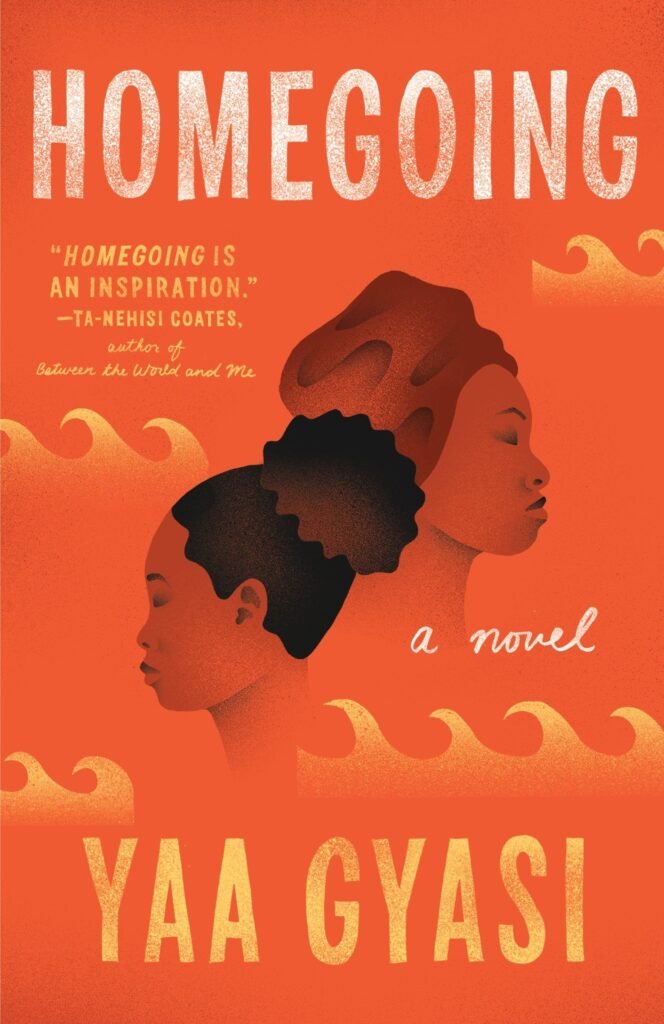
You- you live with them. You take them with you in a way it could be seen as, um, a collection of short stories. Because of like how different their lives are, but like, yeah, maybe a fun collection of short stories since they all have a connecting thread, but like every character is different. Honestly, she did a wonderful job, which is why I want you to go buy the book and read.
Attached to this episode is an Amazon link. It’s an affiliate link. So if you want to help support this podcast, please purchase the book through that link. I may get a small commission through no additional cost to you. And again, I will reiterate please people. If you have a book you want me to talk about, send in your suggestions, send in your comments.
I would love to hear your thoughts. If, um, you have anything bookish you want to talk about this channel, this podcast, it is here for you. Ayambalitcast as a whole. It is here for you, to cater to all your literary needs. Be it books. I’m here for your reading, with R. Be it poetry. Our poetry doctor is here for you.
Be it. Life advice. The Rave by Micheal is here for you. Be it children books, Namse is here for you, interviews with poets, Aisha’s there for you. People. We have got it all here at Ayamba. So back to Homegoing. The, the title itself is really catchy, you know, because the usual is homecoming. Yeah. But here it’s called homegoing because for each of the characters, I feel like in a way. They are going home a home that they never actually knew they are going, they all the characters throughout the book are searching for a way home. They want to have a homegoing a home they do not know. And again, as always, uh, I got a lot of history education from this book, you know, even though it’s fiction.
If you are going to write about historical events, you can’t warp those. It has to be true. You have to write it as it was, then build your fictional stories around the facts. So it is in a lot of these type of books that I actually got a lot of my education in history. You know, I learned a lot more about slavery, slave trade, the dynamics of the, the, um, tribes, communities, kingdoms in Ghana.
I didn’t know that there was Fanteland and all these different, vibrant cultures existing all in Ghana before I just thought, you know, um, we, we are generally told that yeah, Nigeria is the country that has the most different ethnic groups. So I just glossed over it in my head in my mind that of course Ghana won’t have as many.
But it is so much more and I didn’t know how slave trade was for them. So I learned a lot about that here. As I was saying that I get a lot of my history education from books as a science student, I didn’t have history as a subject. So World War I, World War II, I all learned about them from books, Nigerian civil war Americanah did that.
So, honestly, for me, novels are a lot more than just entertaining, they’re education. They are moving, they are a teleportation device people. So please read more books, read literary fiction. It’s amazing. So again, thank you guys so much for listening. Tune in please. Next month to listen to our next episode, you can listen to all our podcasts on any podcast site.
Be it Spotify, Audible, iTunes, Google Podcasts. Anything you want, don’t forget to comment. Send me your opinions. Send me books you want me to talk about. And don’t forget to purchase the book through my Amazon affiliate link. And this time around at the end of this episode, I am not going to give a list of books to vote on.
Even though if you have suggestions, please send them. I will schedule them for another month. Next month, I have a sister shaped surprise for you. October. It’s a book that hasn’t been released yet, but you can pre-order. So I am going to have the author over to talk about her book next month, the book drops next month.
That’s why we’re going to talk about it in next month’s episode. So see you then guys. Stay lovely and amazing. Bye bye. Fi AmanilLah, I leave you in the keeping of God. Bye guys.
Amazon Link:
